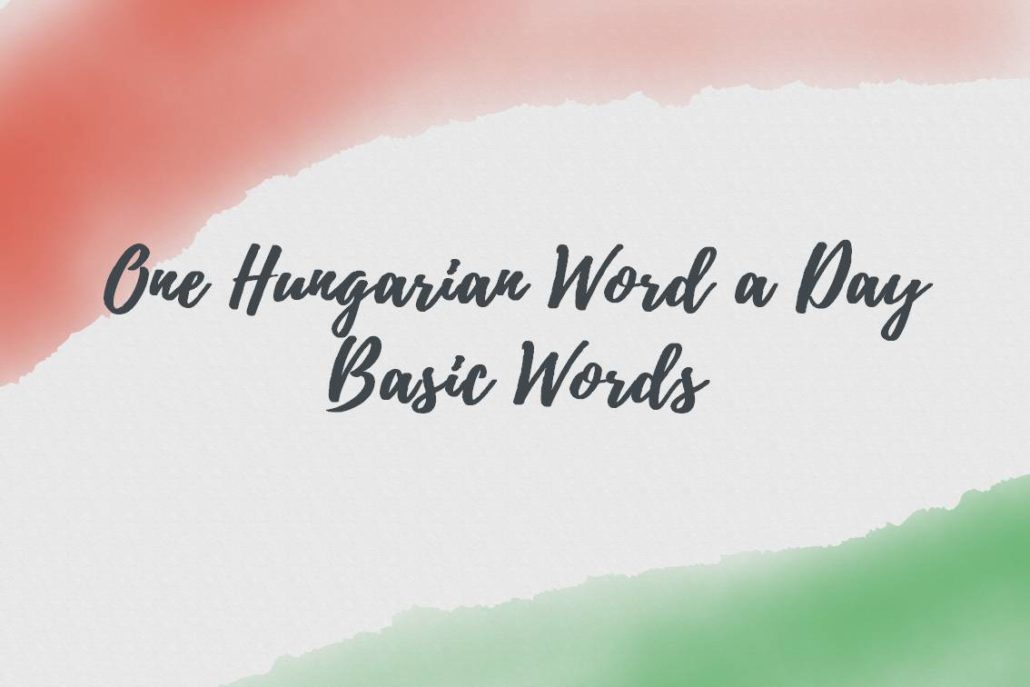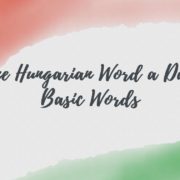Veszekszik

Veszekszik
Meaning:
to fight
Example sentences:
A nagyszüleimmel állandóan politikáról kell veszekedni.
The grandparents-my-with constantly politics-about needs to-fight.
I constantly have to fight about politics with my grandparents.
Az, hogy veszekszünk, még nem jelenti a kapcsolat végét.
That, that fight-we, yet not means the relationship end-its(acc.).
That we’re fighting doesn’t yet mean the end of the relationship.
Related terms:
hangos – loud
kiabál – to yell
kibékül – to make up, to become reconciled
kötözködik – to pick a fight
kritizál – to criticize
sír – to cry
üvölt – to yell (stronger than kiabál)
veszekedés – fight (n.)
vita – argument (exchange)
vitatkozik – to argue
Pronunciation of today’s word:
Pronunciation of the example sentences:
The grandparents-my-with constantly politics-about needs to-fight.
I constantly have to fight about politics with my grandparents.
That, that fight-we, yet not means the relationship end-its(acc.).
That we’re fighting doesn’t yet mean the end of the relationship.
Pronunciation of the related terms:
Did you like today’s word? Do you have a favorite memory hook for it or do you get it into your brain in a completely different way? Did we miss something in the explanation?
Share your thoughts, word visualizations or learning tips below in the comments and remember, the more you use a new word, the easier it will stick in your memory!



In this sentence: “A nagyszüleimmel állandóan politikáról kell veszekedni,” how can you tell that the subject is the first person? Couldn’t it be about someone else who constantly has to fight with my grandparents? My dad, maybe, or their neighbor? If you wanted to be clear that it’s *me*, would you say, “kell veszekednem”?
Szia Joyce,
You’re right – it could also be someone else!😊 Without context, one would assume it’s the first person, however.
But you’re right: a more correct translation would be “My grandparents constantly need to be fought with about politics.”
Good job!!
Juli